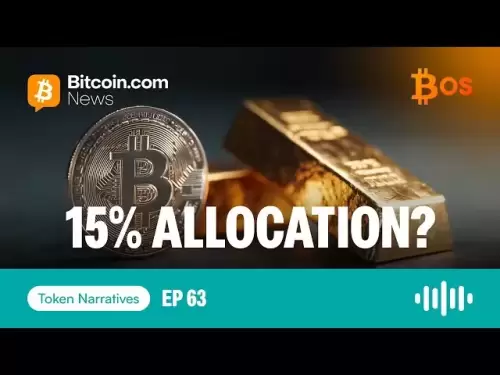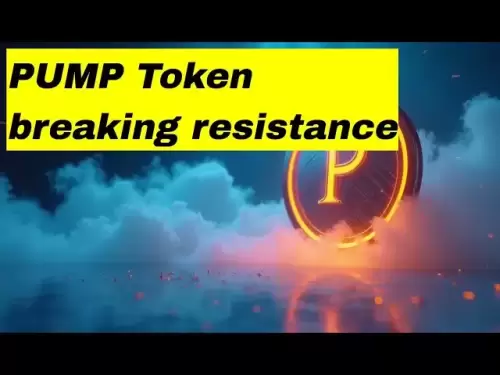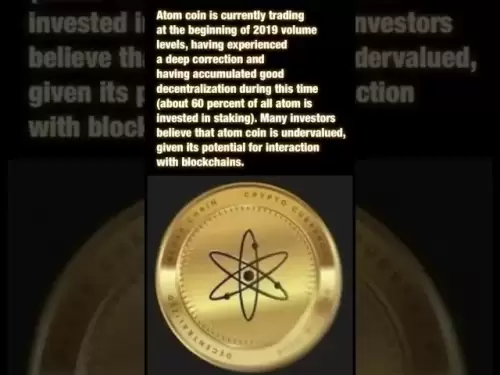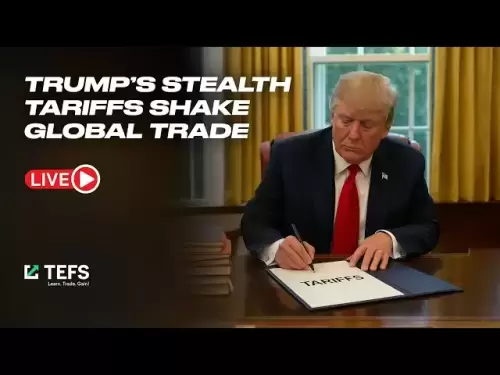-
 Bitcoin
Bitcoin $115200
-2.68% -
 Ethereum
Ethereum $3601
-5.16% -
 XRP
XRP $3.035
-2.96% -
 Tether USDt
Tether USDt $0.9997
-0.04% -
 BNB
BNB $764.5
-5.43% -
 Solana
Solana $168.1
-5.92% -
 USDC
USDC $0.9998
-0.02% -
 Dogecoin
Dogecoin $0.2090
-4.80% -
 TRON
TRON $0.3272
-0.49% -
 Cardano
Cardano $0.7306
-5.00% -
 Hyperliquid
Hyperliquid $39.16
-12.22% -
 Stellar
Stellar $0.3967
-4.96% -
 Sui
Sui $3.566
-5.95% -
 Chainlink
Chainlink $16.55
-6.57% -
 Bitcoin Cash
Bitcoin Cash $552.3
-3.90% -
 Hedera
Hedera $0.2516
-4.69% -
 Avalanche
Avalanche $21.99
-5.75% -
 Toncoin
Toncoin $3.621
-0.28% -
 Ethena USDe
Ethena USDe $1.000
-0.03% -
 UNUS SED LEO
UNUS SED LEO $8.951
0.02% -
 Litecoin
Litecoin $105.9
-3.59% -
 Shiba Inu
Shiba Inu $0.00001232
-5.00% -
 Polkadot
Polkadot $3.640
-5.55% -
 Uniswap
Uniswap $9.048
-7.03% -
 Monero
Monero $301.8
-1.51% -
 Dai
Dai $0.9999
-0.01% -
 Bitget Token
Bitget Token $4.334
-3.66% -
 Pepe
Pepe $0.00001064
-6.17% -
 Cronos
Cronos $0.1367
-5.78% -
 Aave
Aave $259.2
-4.59%
How to solve the problem that Exodus transactions have not been confirmed? Is there a problem with node synchronization?
Unconfirmed transactions in Exodus can result from network congestion, low fees, or node sync issues; users can increase fees or wait for the network to clear.
May 16, 2025 at 12:49 pm
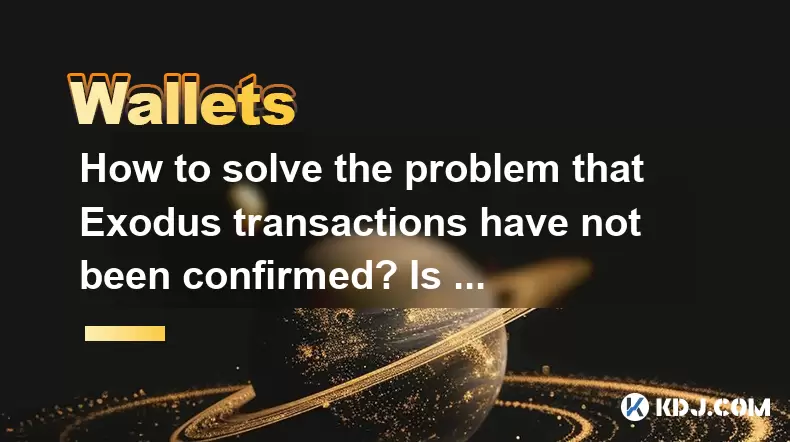
Understanding Unconfirmed Transactions in Exodus
When using the Exodus wallet, users may encounter a situation where their transactions remain unconfirmed for an extended period. This can be frustrating and may lead to concerns about the safety of funds or the functionality of the wallet. Unconfirmed transactions refer to transactions that have been broadcast to the network but have not yet been included in a block and confirmed by the blockchain. The most common reasons for this issue include network congestion, low transaction fees, or problems with node synchronization.
What Causes Unconfirmed Transactions?
Several factors can contribute to transactions remaining unconfirmed. Network congestion occurs when there are too many transactions waiting to be processed, causing delays. Low transaction fees can also result in transactions being deprioritized by miners, who prefer to process transactions with higher fees. Additionally, problems with node synchronization can affect the wallet's ability to communicate effectively with the blockchain, leading to delays in transaction confirmation.
Checking Node Synchronization in Exodus
To determine if node synchronization issues are causing unconfirmed transactions, users need to check the status of their wallet's connection to the blockchain. In Exodus, this can be done by following these steps:
- Open the Exodus wallet.
- Click on the settings icon in the top right corner.
- Select "Network" from the dropdown menu.
- Look for the "Node Status" section, which will indicate whether the wallet is fully synchronized with the blockchain.
If the node status shows that the wallet is not fully synchronized, this could be the root cause of unconfirmed transactions.
Resolving Node Synchronization Issues
If the node synchronization is the problem, users can take the following steps to resolve it:
- Restart the wallet: Sometimes, simply closing and reopening the Exodus wallet can resolve synchronization issues.
- Check your internet connection: Ensure that your internet connection is stable and fast enough to handle the data transfer required for blockchain synchronization.
- Update Exodus: Make sure you are using the latest version of the Exodus wallet, as updates often include fixes for synchronization problems.
- Use a different node: Exodus allows users to switch to a different node if the current one is not functioning properly. To do this, go to the "Network" settings and select a different node from the list.
Increasing Transaction Fees to Speed Up Confirmation
If network congestion or low transaction fees are the cause of unconfirmed transactions, users can try increasing the transaction fee to incentivize miners to process their transactions more quickly. To do this in Exodus, follow these steps:
- Open the Exodus wallet.
- Navigate to the transaction history and find the unconfirmed transaction.
- Click on the transaction to view its details.
- Look for an option to increase the fee, often labeled as "Speed Up" or "Replace by Fee."
- Enter a higher fee and confirm the action.
This process will create a new transaction with the same inputs and outputs but with a higher fee, which should be processed more quickly by the network.
Waiting for Network Congestion to Clear
In some cases, the best course of action may be to simply wait for the network congestion to clear. Cryptocurrency networks like Bitcoin and Ethereum can experience periods of high demand, leading to delays in transaction processing. If the transaction fee is set appropriately and node synchronization is not an issue, waiting for the network to process the backlog of transactions may be the most effective solution.
Frequently Asked Questions
Q: Can unconfirmed transactions in Exodus lead to loss of funds?
A: Unconfirmed transactions do not typically result in the loss of funds. They remain in a pending state until they are either confirmed or rejected by the network. However, if a transaction remains unconfirmed for an extended period, users should monitor the situation closely and consider taking action to speed up the confirmation process.
Q: How long should I wait for an unconfirmed transaction to be processed?
A: The time it takes for an unconfirmed transaction to be processed can vary widely depending on the network's current state. In general, transactions can take anywhere from a few minutes to several hours or even days to be confirmed. If a transaction remains unconfirmed for more than 24 hours, it may be worth taking action to speed up the process.
Q: Can I cancel an unconfirmed transaction in Exodus?
A: In some cases, it may be possible to cancel an unconfirmed transaction by using the "Replace by Fee" feature to create a new transaction that spends the same inputs. However, this is not always possible, especially if the transaction has already been partially confirmed or if the network does not support this feature. Users should consult the specific cryptocurrency's documentation to understand their options for canceling unconfirmed transactions.
Q: Will increasing the transaction fee always resolve unconfirmed transactions?
A: Increasing the transaction fee can often help speed up the confirmation process by making the transaction more attractive to miners. However, it is not a guaranteed solution, especially during periods of extreme network congestion or if there are underlying issues with node synchronization or the wallet itself.
Disclaimer:info@kdj.com
The information provided is not trading advice. kdj.com does not assume any responsibility for any investments made based on the information provided in this article. Cryptocurrencies are highly volatile and it is highly recommended that you invest with caution after thorough research!
If you believe that the content used on this website infringes your copyright, please contact us immediately (info@kdj.com) and we will delete it promptly.
- Litecoin Price Watch: UNIL Pump & Staking Success Steal the Show?
- 2025-08-02 02:50:12
- Bitcoin, Crypto, Gambling Sites: 2025's Hottest Trends and Where to Bet
- 2025-08-02 02:50:12
- FTX Token's Wild Ride: FTT Drop Amidst Creditor Repayment Buzz
- 2025-08-02 01:30:12
- Navigating the Crypto Market: Bitcoin, Trader Experience, and Avoiding the Noise
- 2025-08-02 00:50:12
- Deep Agents, AI Task Management, and Evolution AI: A New Era?
- 2025-08-02 00:50:12
- AAVE Price Under Pressure: Technical Indicators Point to Bearish Momentum
- 2025-08-02 02:10:12
Related knowledge
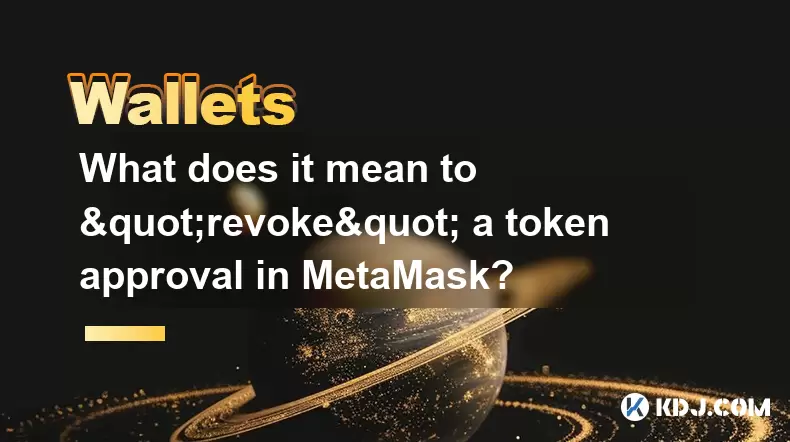
What does it mean to "revoke" a token approval in MetaMask?
Aug 02,2025 at 02:57am
Understanding Token Approvals in MetaMaskWhen interacting with decentralized applications (dApps) on Ethereum or EVM-compatible blockchains, users oft...
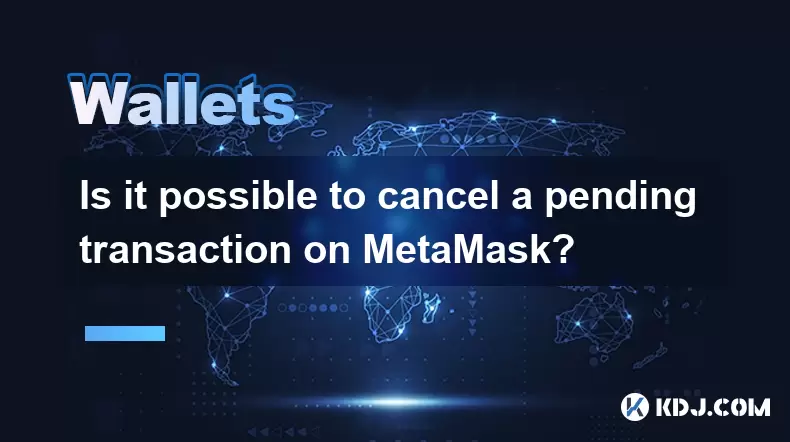
Is it possible to cancel a pending transaction on MetaMask?
Aug 02,2025 at 12:28am
Understanding Pending Transactions in MetaMaskWhen using MetaMask, a popular cryptocurrency wallet for Ethereum and EVM-compatible blockchains, users ...
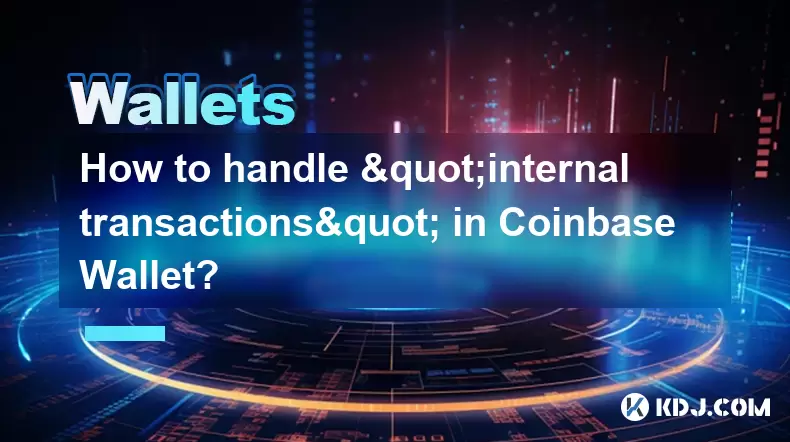
How to handle "internal transactions" in Coinbase Wallet?
Aug 01,2025 at 11:21pm
Understanding Internal Transactions in Coinbase WalletInternal transactions in Coinbase Wallet refer to movements of assets that occur between address...
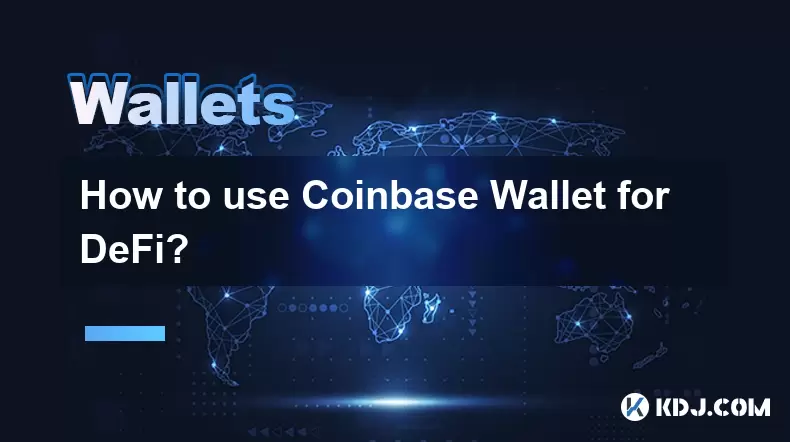
How to use Coinbase Wallet for DeFi?
Aug 01,2025 at 11:43pm
Understanding Coinbase Wallet and Its Role in DeFiThe Coinbase Wallet is a self-custody cryptocurrency wallet that allows users to store, send, receiv...
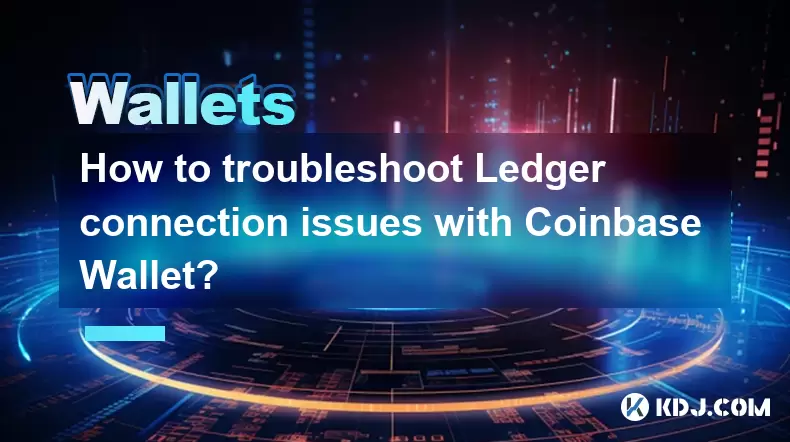
How to troubleshoot Ledger connection issues with Coinbase Wallet?
Aug 02,2025 at 02:07am
Understanding the Ledger and Coinbase Wallet IntegrationConnecting a Ledger hardware wallet to Coinbase Wallet allows users to securely manage their c...
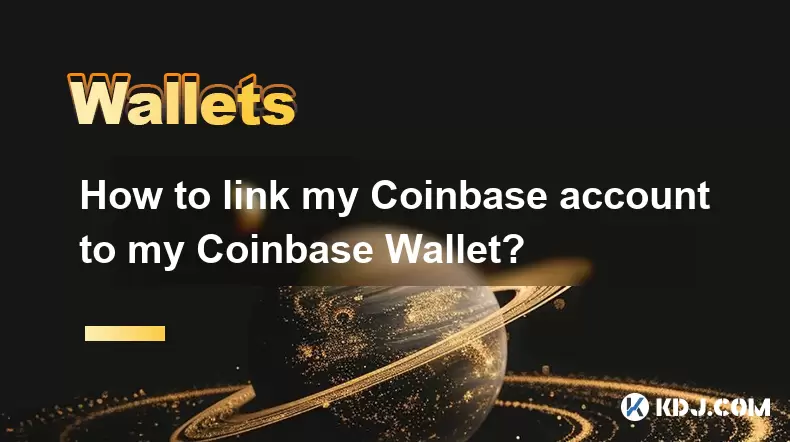
How to link my Coinbase account to my Coinbase Wallet?
Aug 01,2025 at 10:50pm
Understanding the Difference Between Coinbase and Coinbase WalletBefore linking your Coinbase account to your Coinbase Wallet, it's essential to under...

What does it mean to "revoke" a token approval in MetaMask?
Aug 02,2025 at 02:57am
Understanding Token Approvals in MetaMaskWhen interacting with decentralized applications (dApps) on Ethereum or EVM-compatible blockchains, users oft...

Is it possible to cancel a pending transaction on MetaMask?
Aug 02,2025 at 12:28am
Understanding Pending Transactions in MetaMaskWhen using MetaMask, a popular cryptocurrency wallet for Ethereum and EVM-compatible blockchains, users ...

How to handle "internal transactions" in Coinbase Wallet?
Aug 01,2025 at 11:21pm
Understanding Internal Transactions in Coinbase WalletInternal transactions in Coinbase Wallet refer to movements of assets that occur between address...

How to use Coinbase Wallet for DeFi?
Aug 01,2025 at 11:43pm
Understanding Coinbase Wallet and Its Role in DeFiThe Coinbase Wallet is a self-custody cryptocurrency wallet that allows users to store, send, receiv...

How to troubleshoot Ledger connection issues with Coinbase Wallet?
Aug 02,2025 at 02:07am
Understanding the Ledger and Coinbase Wallet IntegrationConnecting a Ledger hardware wallet to Coinbase Wallet allows users to securely manage their c...

How to link my Coinbase account to my Coinbase Wallet?
Aug 01,2025 at 10:50pm
Understanding the Difference Between Coinbase and Coinbase WalletBefore linking your Coinbase account to your Coinbase Wallet, it's essential to under...
See all articles





















